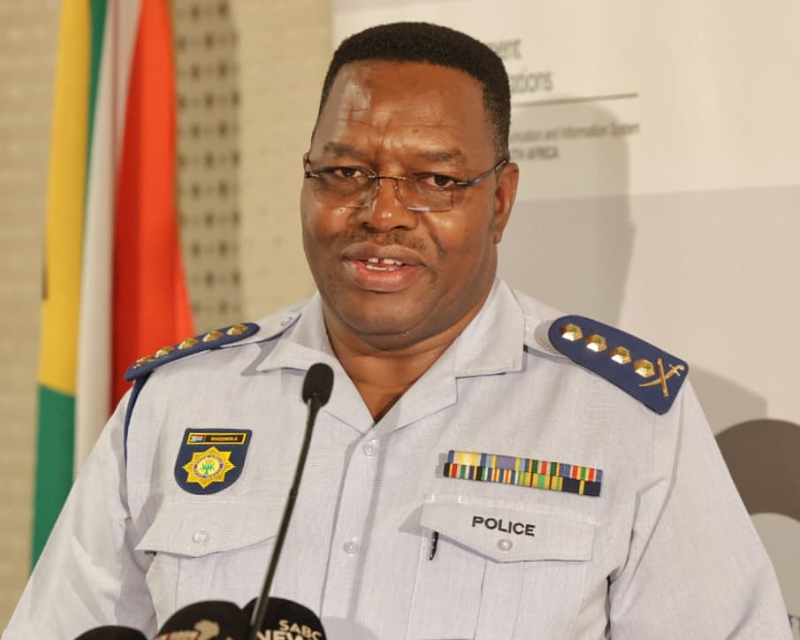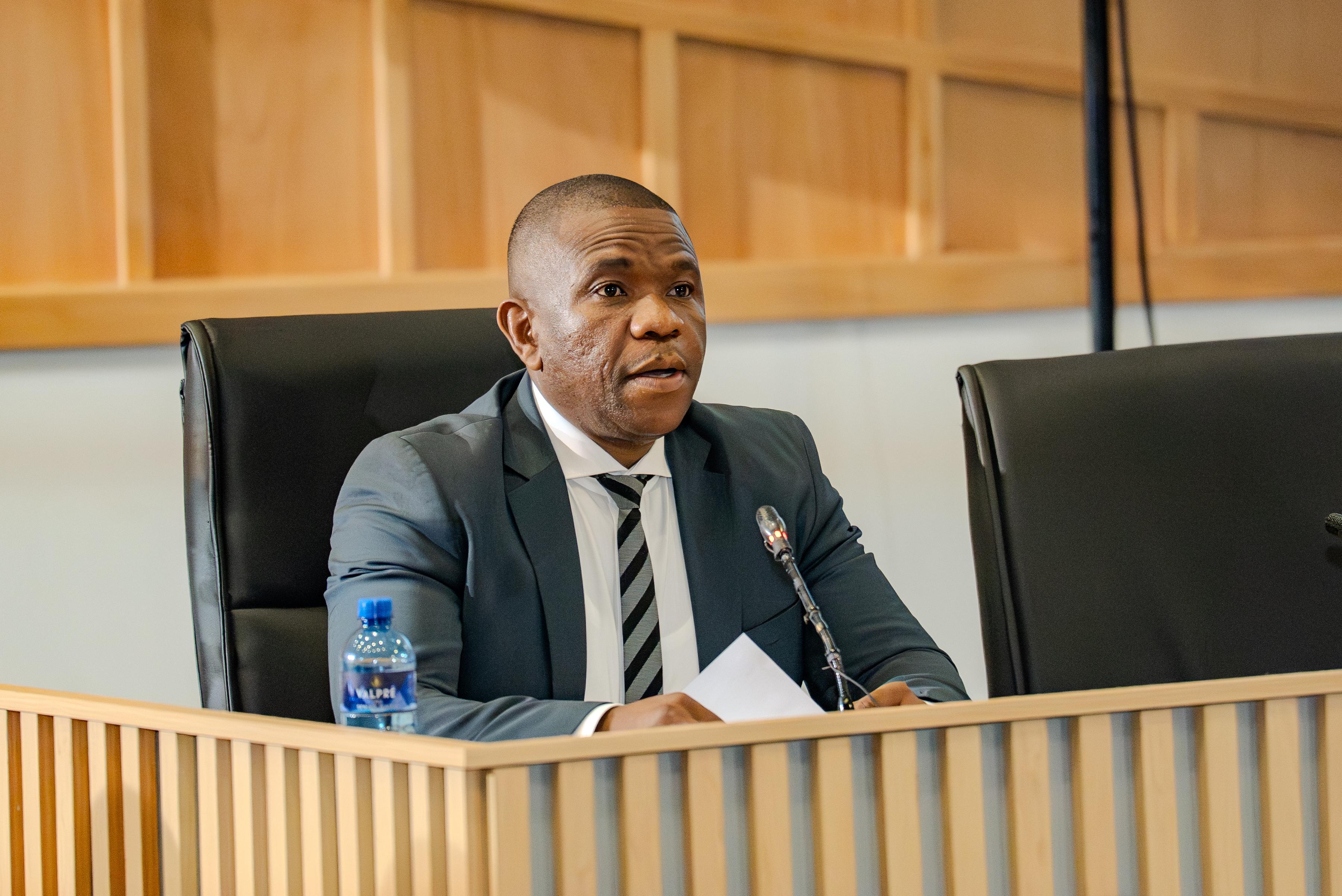Crime Intelligence Head Dumisani Khumalo Testifies at Madlanga Commission Amid Corruption Allegations
Dumisani Khumalo, the head of Crime Intelligence, testified before the Madlanga Commission of Inquiry on Monday, September 29, 2025, addressing allegations of corruption, political interference, and operational issues within the South African Police Service (SAPS). His testimony follows explosive claims from other SAPS officials regarding the disbandment of a key task team and alleged links to criminal syndicates.
Allegations of Corruption and Political Interference
Khumalo faces charges of fraud and corruption related to the alleged irregular appointment of Dineo Mokwele to a senior crime intelligence post. He was arrested alongside six others in June 2025. Nhlanhla Mkhwanazi, the KwaZulu-Natal police commissioner, has testified that these charges are part of a "witch-hunt" aimed at disrupting investigations into powerful drug cartels in Gauteng. Mkhwanazi alleges that former Police Minister Bheki Cele attempted to force Khumalo to resign, a claim Cele has yet to address directly.
Fannie Masemola, the National Police Commissioner, also testified, stating that the decision by former Police Minister Senzo Mchunu to disband the political killings task team was an "encroachment" on his duties. Masemola indicated that this decision appeared to be motivated by a desire to shield criminal syndicates, referencing the arrest of suspects Katiso Molefe and Vusimuzi "Cat" Matlala, who were linked to Mchunu and deputy national commissioner Shadrack Sibiya through seized phone records.
Khumalo's Testimony and Crime Intelligence Operations
During his testimony, Khumalo argued that crime intelligence remains crucial to policing in South Africa, especially against evolving organized crime. He stated that internal threats and external criminal networks are undermining the SAPS. He also described improvements in the division's performance under his leadership, particularly in combating organized crime, attributing this to an analysis-led approach that involves analysts, investigators, and prosecutors working together.
Khumalo indicated that he would be presenting some evidence in camera due to the sensitivity of the information and the potential to compromise ongoing investigations. He emphasized the need to protect methodologies, informants, and resources.
The Madlanga Commission and Its Objectives
President Cyril Ramaphosa established the Madlanga Commission, chaired by retired judge Mbuyiseli Madlanga, to investigate allegations of criminality, political interference, and corruption in the criminal justice system. The commission was formed after Mkhwanazi's public allegations in July regarding the removal of 121 dockets from the political killings task team. The commission aims to uncover the extent of corruption and political influence within the SAPS and the broader security cluster.
Key Points from Testimony and Allegations
- Khumalo testified on operational and administrative matters within the SAPS.
- Allegations persist that former Police Minister Bheki Cele attempted to remove Khumalo.
- Mkhwanazi claims the disbandment of the KZN Political Killings Task Team targeted the Gauteng Counter-Intelligence Unit headed by Khumalo.
- Khumalo faces fraud and corruption charges related to the appointment of Dineo Mokwele.
- Masemola suggested the disbandment of the PKTT was politically motivated to shield criminals.
Impact and Future Implications
The ongoing testimony at the Madlanga Commission has shaken public confidence in law enforcement leadership. The revelations could lead to significant reforms within the SAPS and the criminal justice system. The commission's findings are expected to have far-reaching implications for the fight against corruption and organized crime in South Africa. The outcome of Khumalo's case and his testimony will be closely watched for their potential impact on the integrity of the police service and the broader political landscape.
 Visit the website
Visit the website




